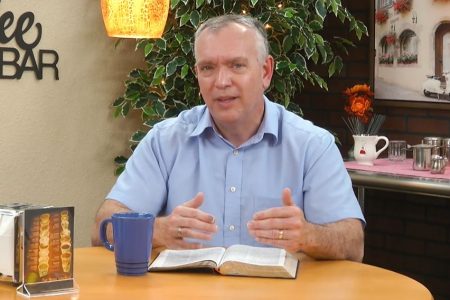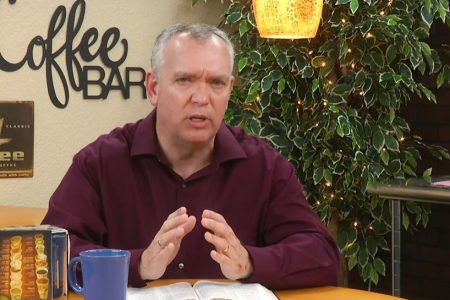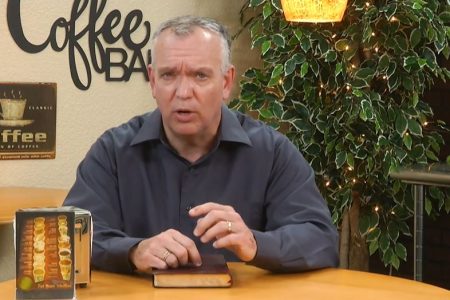While there are some things we may not know on this side of time, what God wants for us is […]
In this second lesson, Neal Pollard focuses on Matthew 5-7 and discusses the stark contrast between the Pharisees’ influence of […]
This third lesson dives into 2 Corinthians 7:8-11 and goes over a difficult topic when coming to Christ: repentance. Change […]
How does something, so plainly taught in the Bible, wind up as something so controversial in the religious world? For […]
How can we find the Church we read about in the New Testament? It is not about who is right, […]
In the First Century, Christians were looked at as being strange. They were different than the world around them. Today […]
Have you ever anticipated a big day: graduation, wedding, or the birth of a child? There is a big day […]






